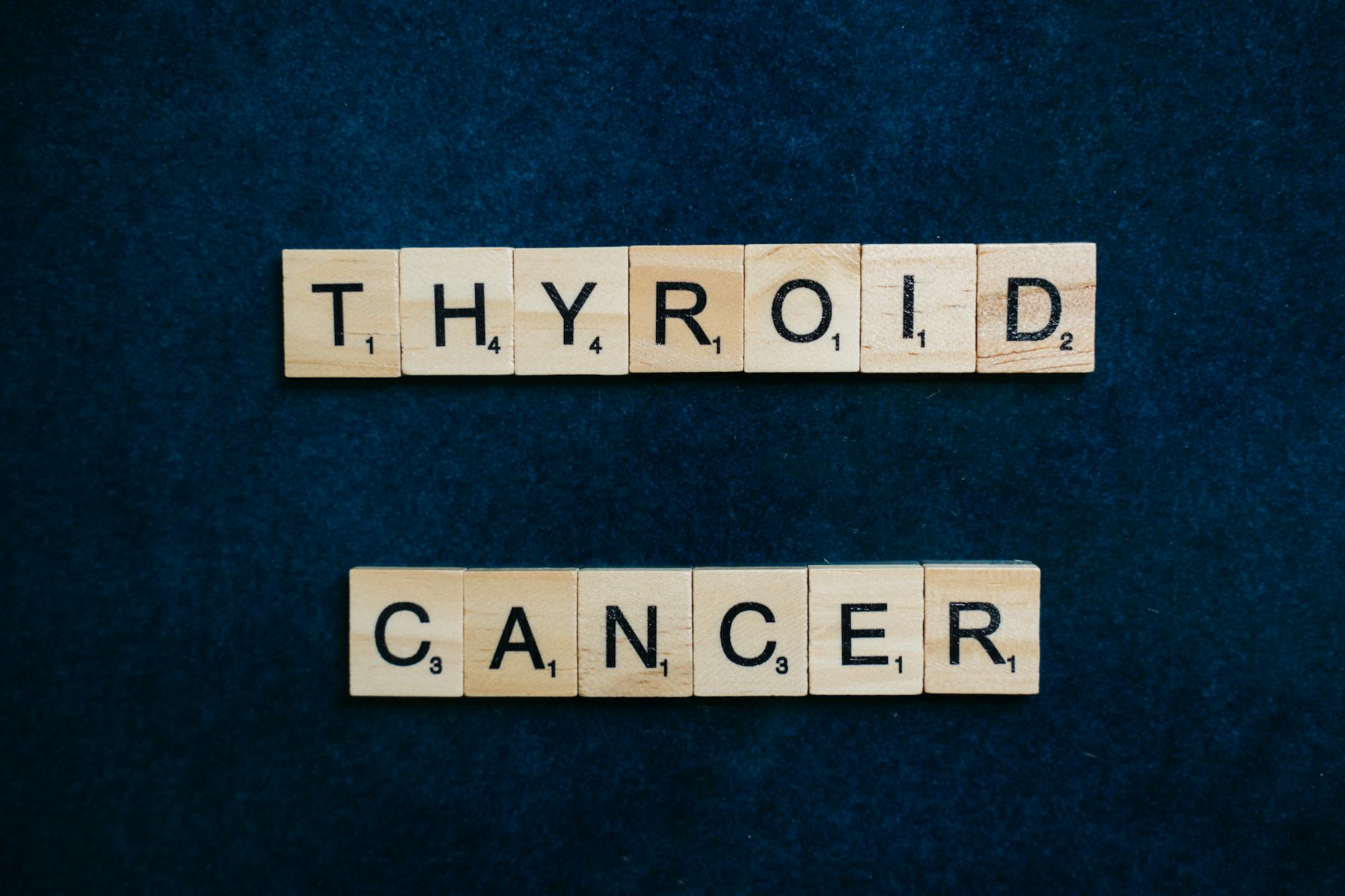Uncover the mysteries of Graves Disease with our step-by-step guide from diagnosis to treatment, expertly navigating through every aspect.
Table of Contents
Welcome to our comprehensive guide on Graves Disease – a condition that affects the thyroid gland and can have a significant impact on your overall health and well-being. In this article, we will explore everything from the symptoms and causes of Graves Disease to the various treatment options available to help manage this autoimmune disorder effectively.
Understanding Graves Disease
Graves Disease is an autoimmune disorder that leads to the overproduction of thyroid hormones, primarily thyroxine (T4) and triiodothyronine (T3). This overstimulation of the thyroid gland results in hyperthyroidism, causing a wide range of symptoms that can significantly impact a person’s quality of life.
Symptoms of Graves Disease
Common symptoms of Graves Disease include:
- Hyperactivity and restlessness
- Weight loss despite increased appetite
- Tremors and shaky hands
- Heat intolerance and increased sweating
- Irregular heartbeat and palpitations
- Bulging eyes (exophthalmos)
- Fatigue and muscle weakness
- Menstrual irregularities in women
It is essential to consult a healthcare professional if you experience any of these symptoms to receive a proper diagnosis and appropriate treatment.
Diagnosing Graves Disease
Diagnosing Graves Disease typically involves a series of tests, including:
- Thyroid function tests to measure hormone levels
- Antibody tests to detect the presence of thyroid antibodies
- Thyroid ultrasound to examine the size and condition of the gland
- Radioactive iodine uptake test to assess thyroid activity
Once diagnosed, your healthcare provider will work with you to develop a personalized treatment plan based on the severity of your condition.
Treatment Options for Graves Disease
There are several treatment options available to help manage Graves Disease effectively. Some common treatments include:
Medication
Antithyroid medications such as methimazole or propylthiouracil can help reduce the production of thyroid hormones and alleviate symptoms of hyperthyroidism. Beta-blockers may also be prescribed to manage symptoms like irregular heartbeat and tremors.
| Step | Description |
|---|---|
| 1 | Visit a healthcare provider for a physical exam and blood tests to diagnose Graves Disease. |
| 2 | Discuss treatment options with your healthcare provider based on the severity of your symptoms and overall health. |
| 3 | Consider anti-thyroid medications to regulate thyroid hormone levels and reduce symptoms. |
| 4 | Explore radioactive iodine therapy to destroy thyroid cells and reduce hormone production. |
| 5 | Discuss thyroid surgery with your healthcare provider as a last resort for severe cases or if other treatments are not effective. |
| 6 | Monitor your thyroid levels regularly and adjust treatment as needed to manage symptoms and prevent complications. |
Radioactive Iodine Therapy
Radioactive iodine therapy involves taking a radioactive dose of iodine orally to destroy the overactive thyroid cells. This treatment may result in hypothyroidism, necessitating lifelong thyroid hormone replacement therapy.
Thyroidectomy
In severe cases, surgical removal of part or all of the thyroid gland (thyroidectomy) may be required to treat Graves Disease. This option is typically considered if other treatments have not been effective or if there are concerns about cancerous thyroid nodules.
Living with Graves Disease
Managing Graves Disease involves more than just medical treatments. Here are some tips for living well with this condition:
- Attend regular follow-up appointments with your healthcare provider
- Adopt a healthy diet rich in fruits, vegetables, and lean proteins
- Manage stress through relaxation techniques like yoga or meditation
- Stay physically active with regular exercise
- Get enough sleep to support your overall health
- Join support groups or seek counseling to connect with others facing similar challenges
By following these tips and working closely with your healthcare team, you can effectively manage Graves Disease and enjoy a better quality of life.
Remember, early diagnosis and appropriate treatment are key to managing Graves Disease successfully. If you suspect you may have this condition, don’t hesitate to seek medical advice and support. Your health and well-being are paramount, and taking proactive steps to address Graves Disease can make a significant difference in your overall health and quality of life.
Frequently Asked Questions
Can Graves Disease be cured?
While Graves Disease cannot be cured, it can be effectively managed with treatment. Patients often experience symptom relief and improved quality of life with medications, radioactive iodine therapy, or thyroidectomy.
What are the long-term effects of Graves Disease?
Long-term effects of Graves Disease can include heart problems, osteoporosis, and eye complications such as vision changes and bulging eyes. Regular monitoring and management of the condition are crucial to prevent these complications.
Is it possible to have a normal life with Graves Disease?
With proper treatment and lifestyle modifications, individuals with Graves Disease can lead a normal and fulfilling life. Regular medical follow-ups, healthy habits, and support from healthcare professionals are essential for managing the condition effectively.
Can Graves Disease affect pregnancy?
Graves Disease can pose risks during pregnancy, as uncontrolled thyroid levels may impact both the mother and the baby. It is essential for pregnant individuals with Graves Disease to work closely with their healthcare providers to ensure optimal management and minimize potential complications.




